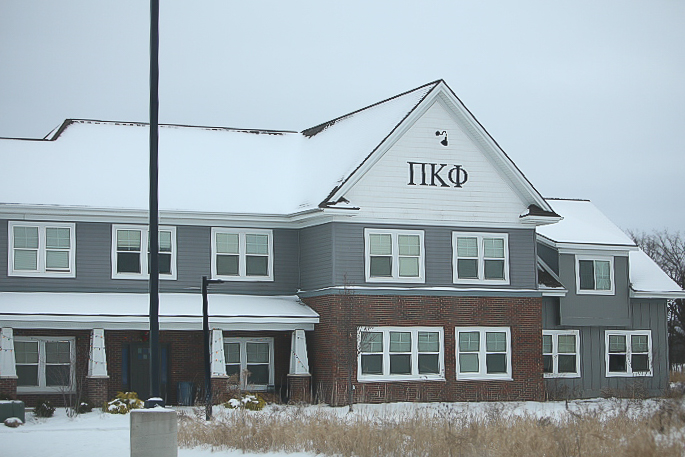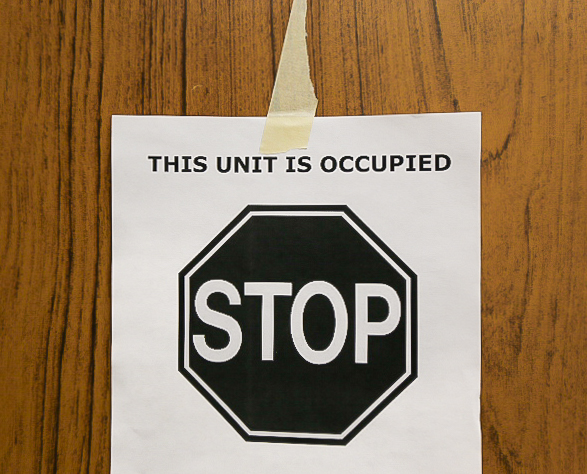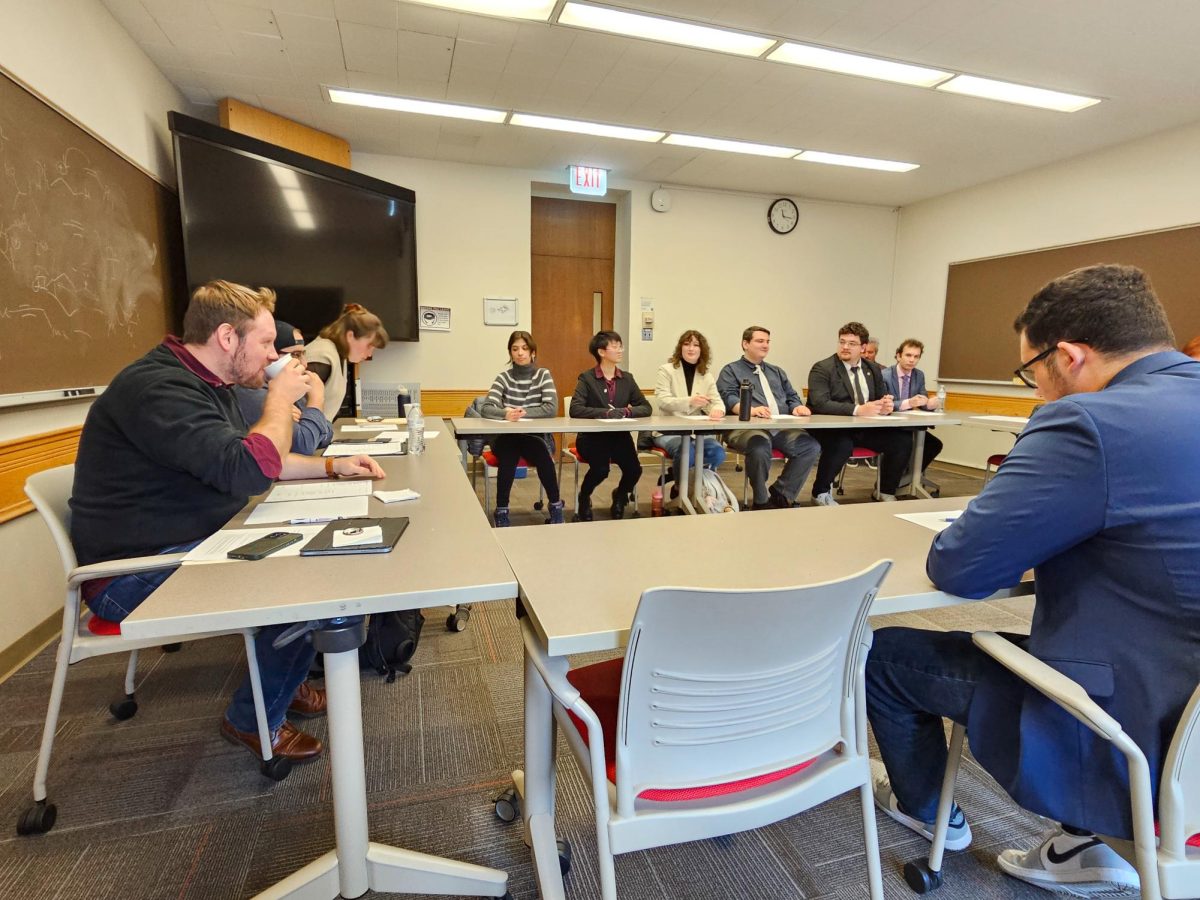Does education matter?
Nov 5, 2015
This past Monday, I had the opportunity to attend a talk given by Fred Lessing, a child survivor of the Holocaust. He discussed his experience as a Jew in hiding in the early 1940s, his life now in relation to the Holocaust and his opinions on various issues related to both. Perhaps most interestingly, though, Lessing raised a very thought-provoking question: Does education matter? That is, does it have any impact on morality and ethics?
In order to stress why this question is so important, Lessing framed it with the following ideas: Today, nearly everyone – in Western culture, at least – knows about the Holocaust. We all understand, at least generally, the Nazis’ anti-Semitic ideology and the consequent violence which they committed against Jews. As modern-day students of the Holocaust, we are constantly striving to learn more about why so many ‘ordinary’ people could have actively participated in or passively allowed such horrific brutality, as well as whether a similar mass genocide could happen again, and, if so, what could be done to prevent it. In this way, then, education serves the noble purpose of promoting the dissemination of information and fostering critical analysis.
On the other hand, Lessing stressed that education did nothing to prevent the Holocaust in the first place. In fact, he said, “This was not perpetrated by barbarians in a primitive culture. It was perpetrated by arguably the most developed people in the world.” He added that nearly all Germans were involved in the regime in some way or another, and that the number of Germans who acted against the orders of the Third Reich was very small compared to the number of Germans who went along with it. Clearly, as in this case, education did nothing to prevent the Holocaust.
It was in this context that Lessing asked his question about the importance of education (or lack thereof). Although he briefly admitted that he himself believes that education is indeed important, he only somewhat divulged the thought process which led him to reach this conclusion. Instead, he seemed to prefer to allow the audience members to mull over the question themselves and to concoct their own thoughts on the matter.
I have been thinking about Lessing’s question, and I would like to share the conclusion which I have reached. I also believe that education matters, even in terms of promoting ethics and morality, despite the fact that the Nazi regime would seem to suggest otherwise.
Lessing made another point which offers the key to this conclusion: He mentioned that the type of education must be taken into consideration. For example, in referring to Nazi Germany, he said, “This was a culture in which there was only one virtue: obedience. And obedience was instilled at a very young age.” He went on to describe the great lengths to which parents went in order to instill obedience in their children, even going so far as administering physical discipline. He concluded by saying that it was not surprising that German children grew up and continued to do whatever they were told with no thought of responsibility. This particular type of education, then, clearly did not promote individual inquisitiveness and questioning.
I would extrapolate a bit further on Lessing’s thinking by arguing that there are fundamentally two types of education in this world: education which centers on memorizing and regurgitating facts with no thought as to whether the information being digested is accurate and education that fosters just the opposite — critical thinking, encouraging students to question the information presented to them and to analyze its veracity themselves.
The latter is education at its finest, and it is this type of education which spurs modern-day Holocaust scholars and students to continue to research and learn as much as they can about the anti-Semitic events which transpired under the Nazi regime.
Education matters, and it matters in terms of promoting ethics and morality, as long as it is an education that fosters critical thinking.


























